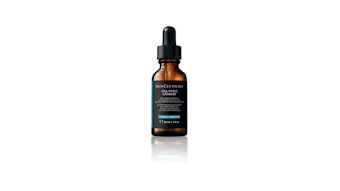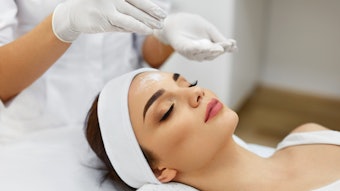
Endo Aesthetics, developer of Qwo (collagenase clostridium histolyticum-aaes) injectable for cellulite, has launched a consumer campaign designed to eliminate the shame and misinformation relating to cellulite.
The "Really Cellulite" campaign, which was inspired by the inner monologue many women have ("really, cellulite?"), will be shared with consumers via social media, influencer content, paid digital ads, customer relationship management (CRM) and a website. The goal is to explain the scientific and structural causes of cellulite in an amusing and accessible way.

A Harris Poll survey of 2,006 women released last year by Endo Aesthetics found that cellulite can have a negative impact on how women perceive themselves. The survey showed that 60% of women felt they were to blame for their own cellulite and 49% were bothered "a great deal" or "a lot" by their dimples.
"Aesthetic physicians understand that cellulite is more than skin deep," said Mona Gohara, MD, a Connecticut-based dermatologist and the VP of the Women's Dermatologic Society. "This is not only because cellulite is caused by fibrous bands below the surface of the skin—but it also is a reference to how the appearance of cellulite can get under some women's skin and have a negative impact on how they perceive themselves. I hope this campaign will help women understand that cellulite is a very common issue that can stem from a variety of factors, including, but not limited to, hormones, genetics, skin structure, skin texture and body type."











